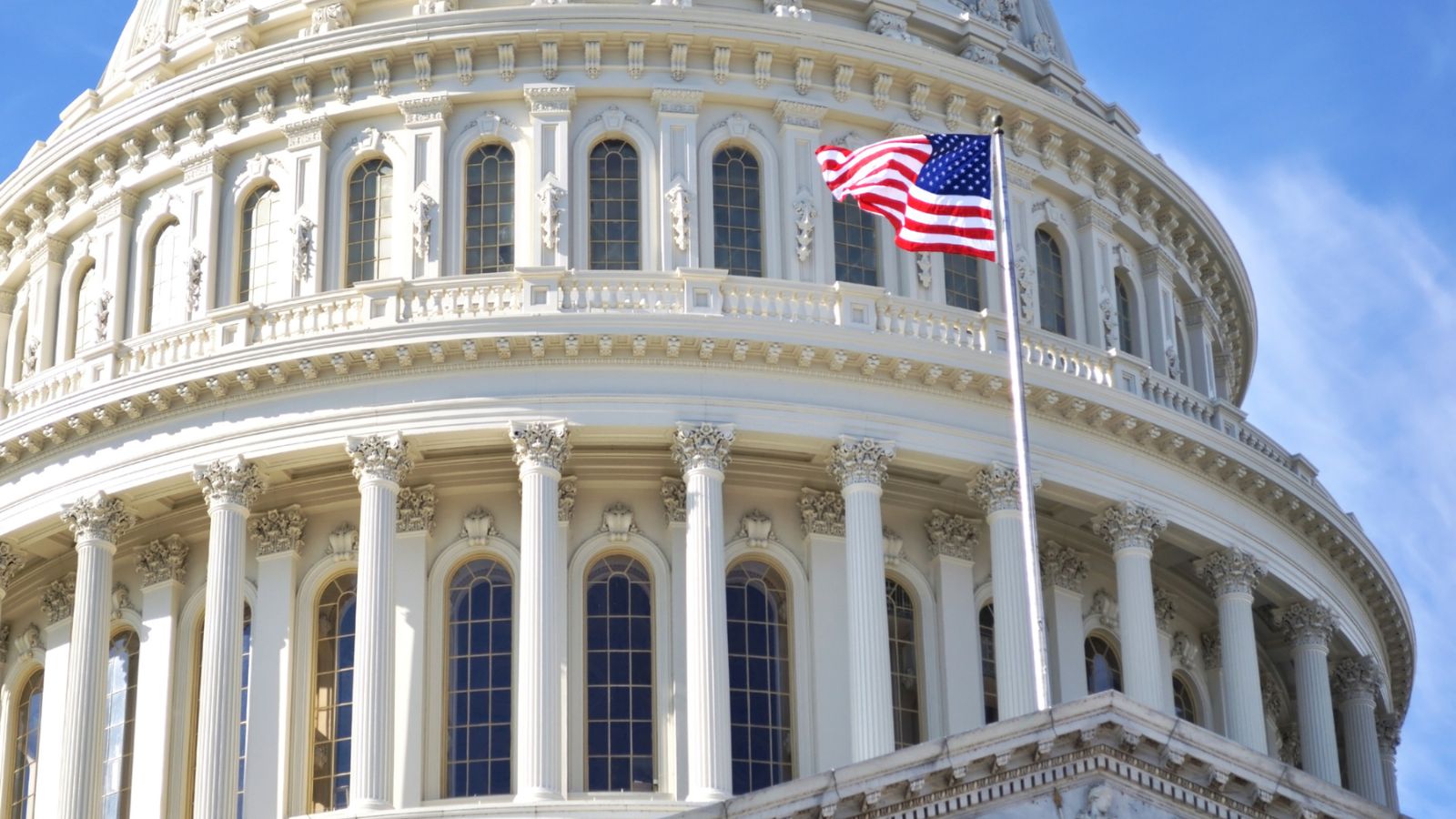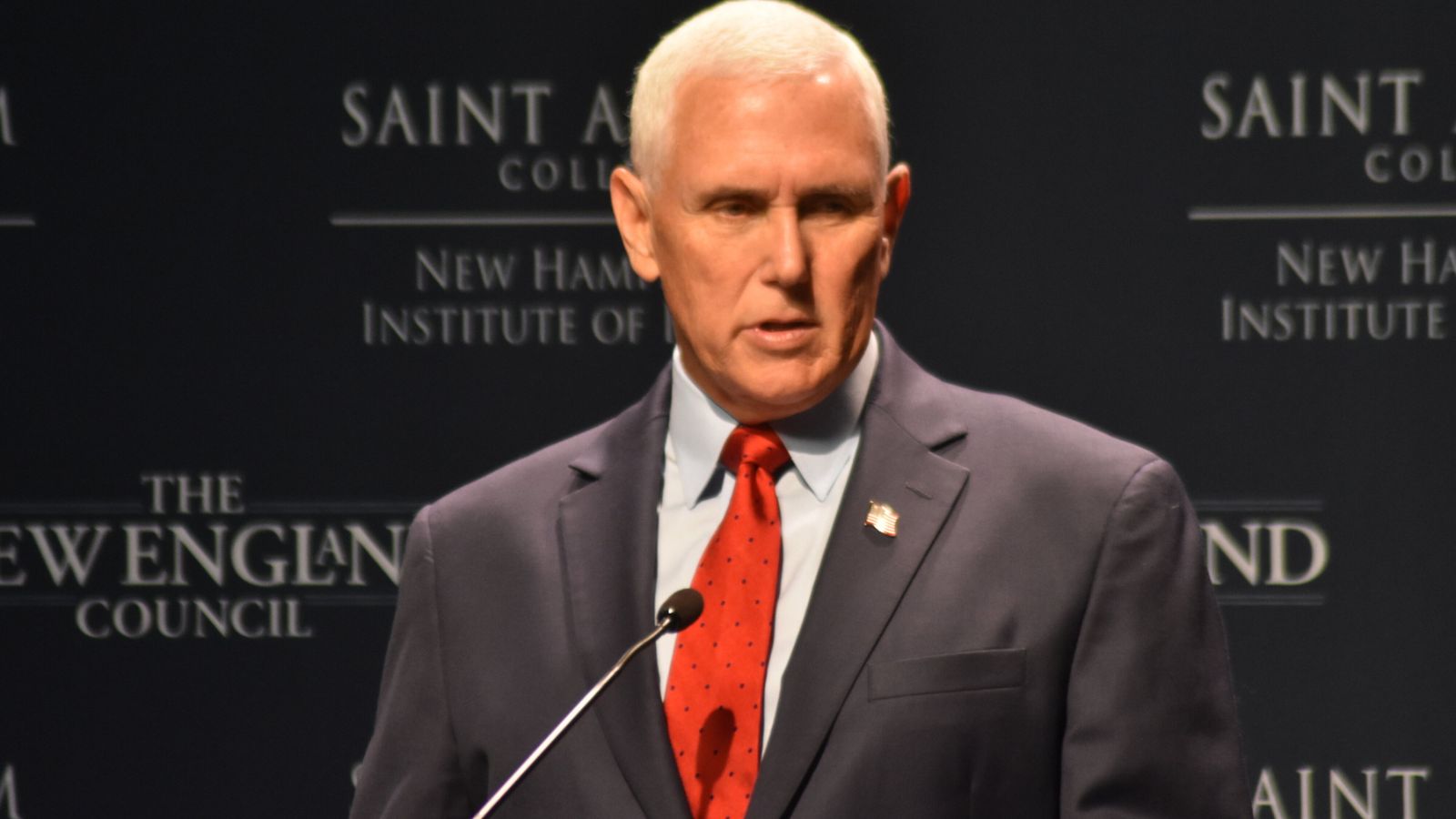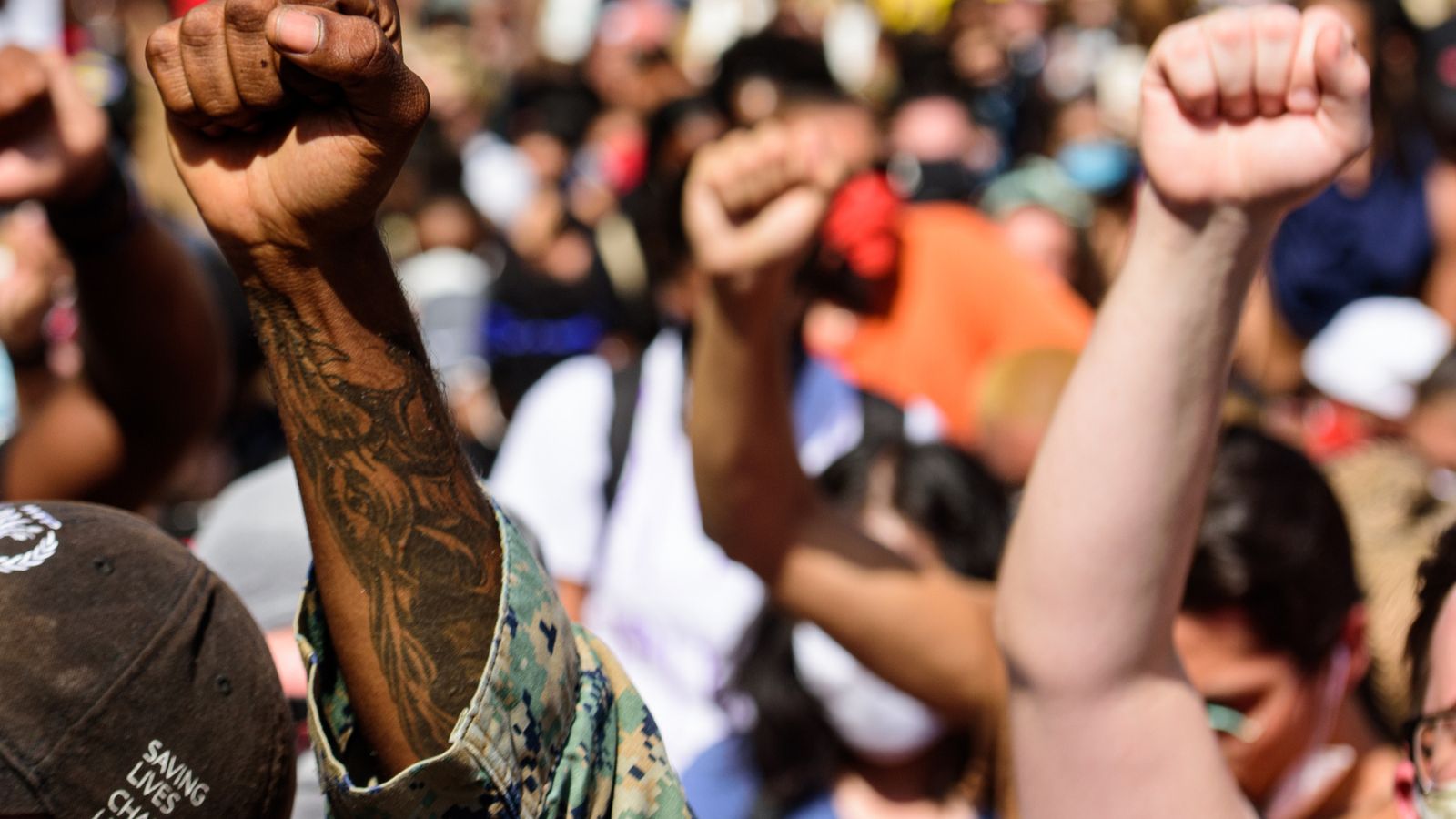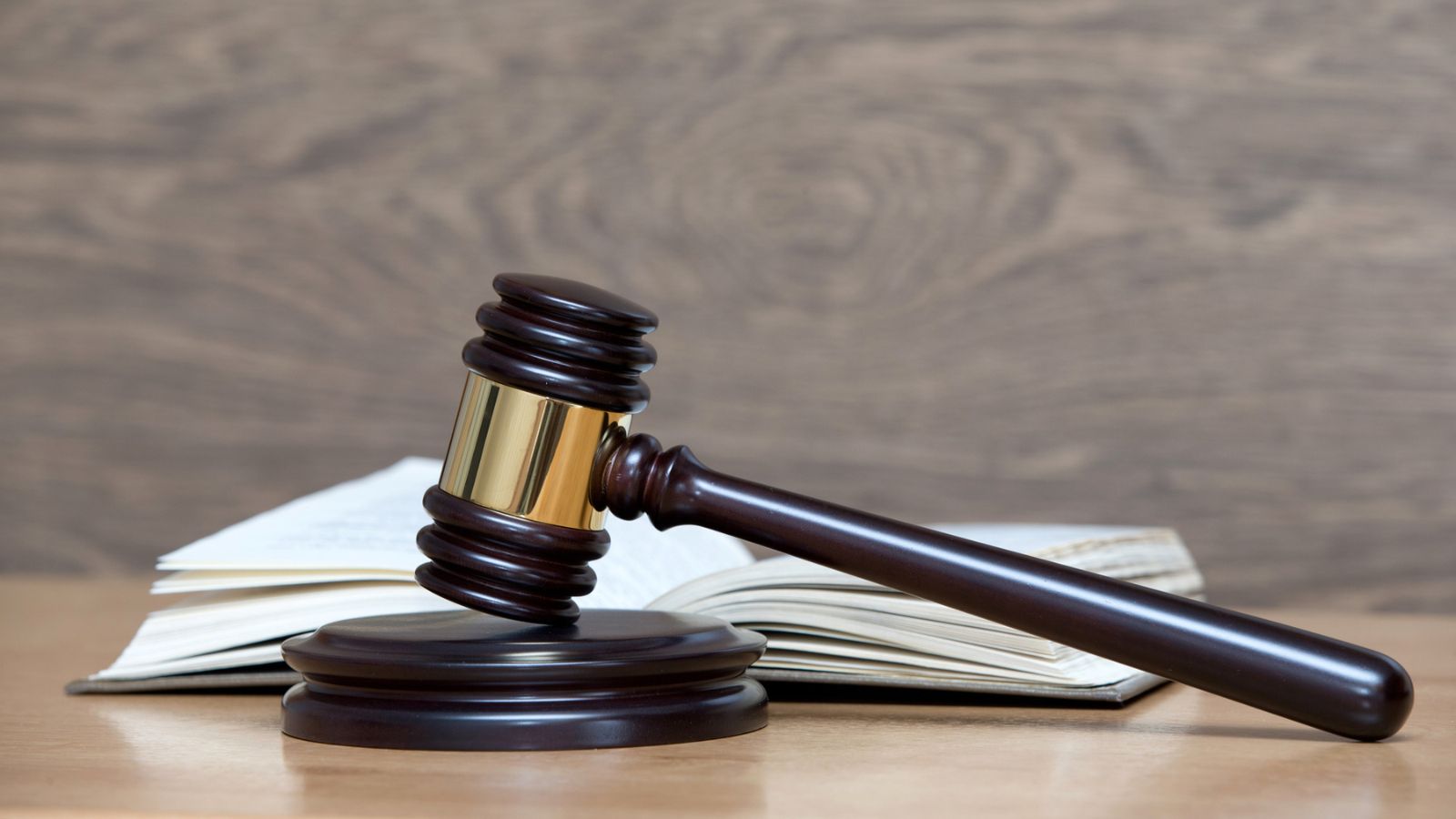Michael Sparks, the first rioter to breach the U.S. Capitol during the Jan. 6, 2021, attack, has been convicted on charges of interfering with police and obstructing Congress.
The federal jury in Washington, D.C., found Sparks guilty of all six charges, including felonies, after a weeklong trial.
Rioter’s Actions on Jan. 6

Michael Sparks, a 46-year-old from Kentucky, entered the Capitol building through a shattered window shortly after it was smashed by another rioter wielding a stolen shield.
His actions, captured in harrowing images, included chasing a police officer upstairs as senators evacuated the chamber.
Court Verdict and Sentencing

Following the trial’s conclusion, Sparks was convicted of all charges, with sentencing scheduled for July 9.
The verdict marked a significant legal milestone after the Jan. 6 insurrection.
Prosecution’s Case

During closing arguments, Justice Department prosecutor Emily Allen described Sparks as the “tip of the spear,” emphasizing his pivotal role in the Capitol breach.
The prosecution portrayed Sparks as actively seeking civil unrest and disregarding democratic processes.
Defense’s Arguments

Scott Wendelsdorf, Sparks’ defense attorney, acknowledged his client’s guilt on misdemeanor charges but contested the felony counts, arguing against attributing broader blame for the riot’s violence to Sparks alone.
Sparks’ Departure

The defense maintained Sparks’ departure from the Capitol when he perceived Vice President Pence’s adherence to constitutional protocol.
Sparks’ Involvement in the Riot

Accompanied by a co-worker from Kentucky, Sparks attended Trump’s rally on Jan. 6 before participating in the march toward the Capitol.
He was captured on video expressing intent to enter the building and contest the election’s outcome.
Role in Capitol Breach

Sparks, outfitted in tactical gear, advanced toward the Capitol’s entrance amidst the chaotic crowd, preceding even the entry of Proud Boys member Dominic Pezzola.
Despite warnings, Sparks leaped through the broken window and pursued law enforcement officers inside the building.
Beliefs and Intentions

According to his attorney, Sparks believed he acted in defense of the Constitution and Trump’s presidency despite legal inaccuracies in his convictions.
His text messages and actions suggested a steadfast commitment to his cause, even post-riot.
Legal Consequences and Response

Sparks voluntarily surrendered to authorities upon returning to Kentucky, aware of the consequences of his actions.
His conviction underscores the legal repercussions faced by individuals involved in the Jan. 6 insurrection.
Co-Defendant’s Plea

Joseph Howe, Sparks’ co-worker and fellow rioter, previously pleaded guilty to assault and obstruction charges.
His case is a parallel example of the Capitol breach’s legal aftermath.
Conclusion and Sentencing Implications

The conviction of Michael Sparks sets a precedent for future cases related to the Jan. 6 attack, highlighting the legal accountability for those involved in the unprecedented breach of the U.S. Capitol.
The upcoming sentencing will determine the extent of Sparks’ legal consequences for his actions on that fateful day.
Read More From The Stock Dork



 Tags:
Tags:










